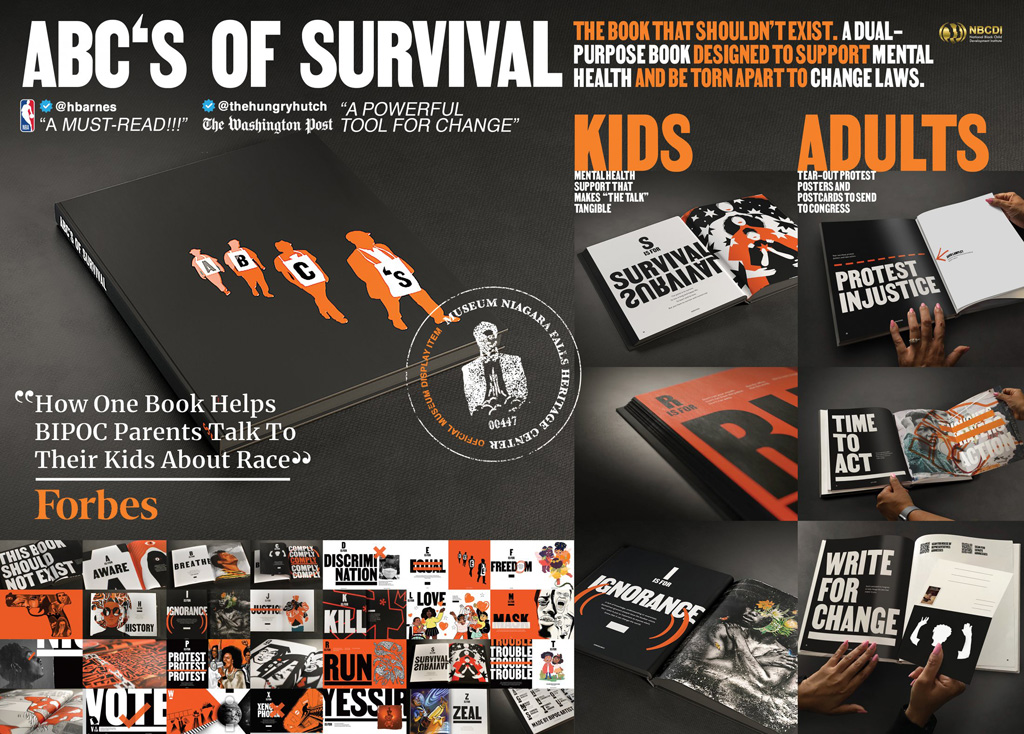Asked to identify a defining moment from 2021, The Bloc president and CEO Jennifer Matthews brings up an outdoor event held last summer near the company’s downtown Manhattan offices.
“It felt like a turning point in terms of the sense of culture and community,” she recalls. “There was an incredible esprit de corps and a sense of place and community that was really heartening to see, especially since we’ve all been living in a Zoom world for quite some time.”
That return to community represented one of the highlights of The Bloc’s year. At the same time, it came with its share of challenges, especially on the personnel front.
“From a talent standpoint, the market has been more volatile than it’s ever been before,” Matthews says. “We have typically enjoyed lower-than-industry-standard turnover, but even we ended up seeing a lot of it.”

At the same time, The Bloc had little difficulty attracting A-listers from all over the healthcare spectrum. Among others, the agency reeled in chief digital officer Jay Appel, who joined from Bristol Myers Squibb; chief creative officer Christian Bauman, the longtime leader of H4B Chelsea; chief operations officer Stuart Goldstein, from McCann Health New York; and SVP, creative director Malia Baker, from Area 23.
Overall, staff size nudged upward from 194 people at the start of 2021 to 200 at its conclusion. “We’re the largest we’ve ever been,” Matthews notes.
The Bloc also saw revenue rise to $56.7 million from the $53.4 million generated in 2020, a 6% gain. “Frankly, we had projected to do a little bit better. But ultimately it came down to just making sure we had the talent to earn out the revenues,” Matthews admits.
As for the client story, Matthews is especially enthused about the addition of bentracimab, a reversal agent for Brilinta from San Diego-based startup PhaseBio. She characterizes another new piece of business — Merck’s MK-1026, a hematology drug likely to launch in 2023 — as “a testament to what we’re most proud of: expanding our relationships with existing clients.”
Matthews is bullish about Regeneron’s cholesterol drug Evkeeza for similar reasons: “It represents organic growth and the evolution of a solid and strong partnership with Regeneron over the last eight years. That’s the kind of growth that we always want to see.”
The agency also added engagements from Basilea (in the oncology realm), Pfizer (on vaccines) and Janssen (for resistant hypertension management drug aprocitentan).
As for what’s next, Matthews says she’s out of the long-term-prediction business after the events of the last two years.
“We’re just going to continue figuring out what it all means and how we can support people in this working environment,” she explains. “We intend to capitalize on the advantages and try to mitigate the disadvantages. It’s about putting our people first and listening to them, and doing our best to support their development and growth.”
. . .
Work from outside pharma you admire…
In an era when the vast majority of girls distort the way they look online, Dove’s Reverse Selfie campaign is incredibly powerful. The spot shows how plastic surgery filters work in reverse, ultimately revealing a young, normal-looking girl. Dove calls out the dangers of artifice with the campaign slogan: “The pressure of social media is hurting our girls’ self-esteem.” The brand effectively taps into the growing trend toward authenticity while inviting us to #havetheselfietalk. — Matthews
From the June 01, 2022 Issue of MM+M - Medical Marketing and Media







